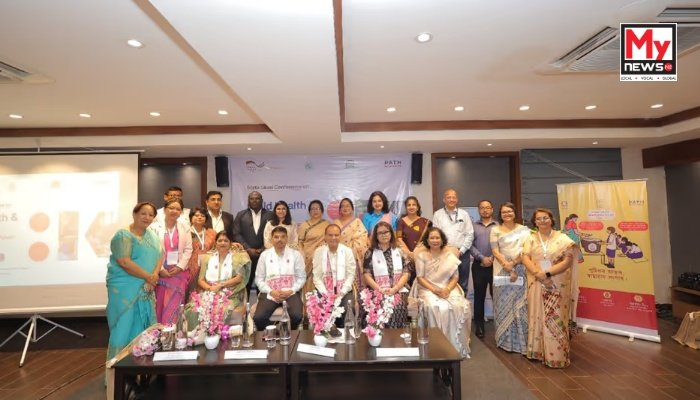Experts Gather in Guwahati to Chart a Healthier Future for Assam’s Children
Guwahati, Assam: A high-profile, state-level conference in Guwahati has laid the groundwork for a collaborative strategy to combat child nutrition challenges in Assam. Organised by the Assam Agricultural University’s (AAU) College of Community Science, the event brought together a diverse group of policymakers, healthcare professionals, academics, and government officials to address the complex issues of malnutrition and the growing problem of childhood obesity.
Dr. Mamoni Das of AAU highlighted the dual burden of under-nutrition and the rising consumption of high-fat, sugar, and salt (HFSS) foods. She made a strong case for taxing HFSS products and providing incentives for healthier food options, while also calling for nutrition-sensitive policies and increased consumer awareness to build a more nourished future for the state’s children. Adding to this, Dr. Bidyut Chandan Deka, the Vice-Chancellor of AAU, proposed integrating trained Community Science graduates into the Integrated Child Development Services (ICDS) to bolster program delivery on the ground. He also underscored the importance of leveraging AAU’s research, including improved crop varieties, for wider public benefit.
The conference featured several technical sessions where experts delved into specific areas. Dr. Ankumoni Saikia from Dhubri Medical College stressed a multi-sectoral approach for aspirational districts, while Dr. Barnali Das from Apollo Hospitals spoke on maternal and infant nutrition under the Baby Friendly Hospital Initiative. Dr. Gulfam Ahmed Hashmi from IIT Delhi spotlighted rice fortification as a crucial tool against hidden hunger. The dialogue further extended to anaemia, with Dr. Purabi Phukan from AIIMS Guwahati, and the role of millets in child nutrition, a topic addressed by Dr. Moloya Gogoi from AAU.
A session on government interventions saw Smt. Deepti Phukan of WCD, Assam, reflect on 50 years of the ICDS, while Dr. Danie Shajie from PATH India discussed enhancing fortification and delivery systems with digital innovations. A subsequent panel discussion involving key stakeholders, including representatives from UNICEF and AAU, focused on overcoming the barriers to strengthening Assam’s Supplementary Nutrition Programme (SNP).
The conference concluded with a set of powerful recommendations, emphasizing the need for evidence-based, localized research and context-specific nutrition parameters. It called for initiatives to bridge the gap between academic research and field implementation, ensuring that AAU’s innovations directly benefit communities. The overarching message was clear: a unified, multi-stakeholder approach is essential to create sustainable solutions and secure a healthier tomorrow for Assam’s youngest generation.
Read More: Border Clampdown: East Khasi Hills Imposes Night Curfew to Thwart Infiltration

